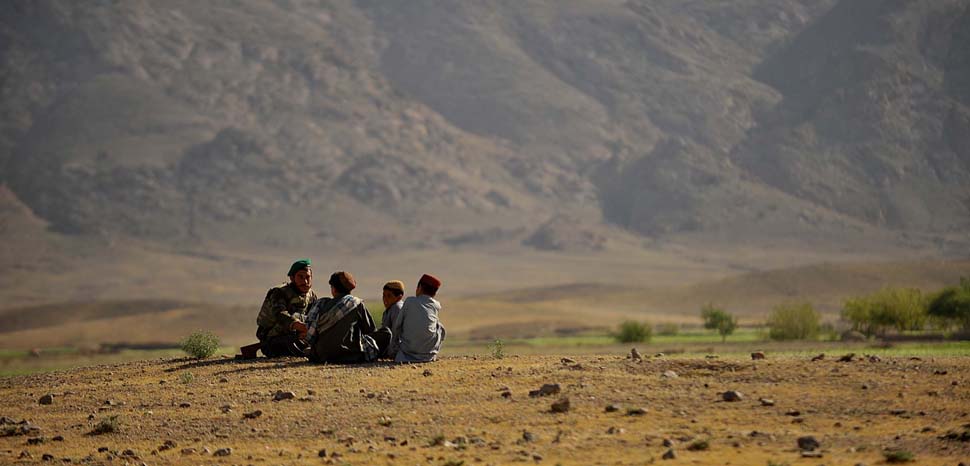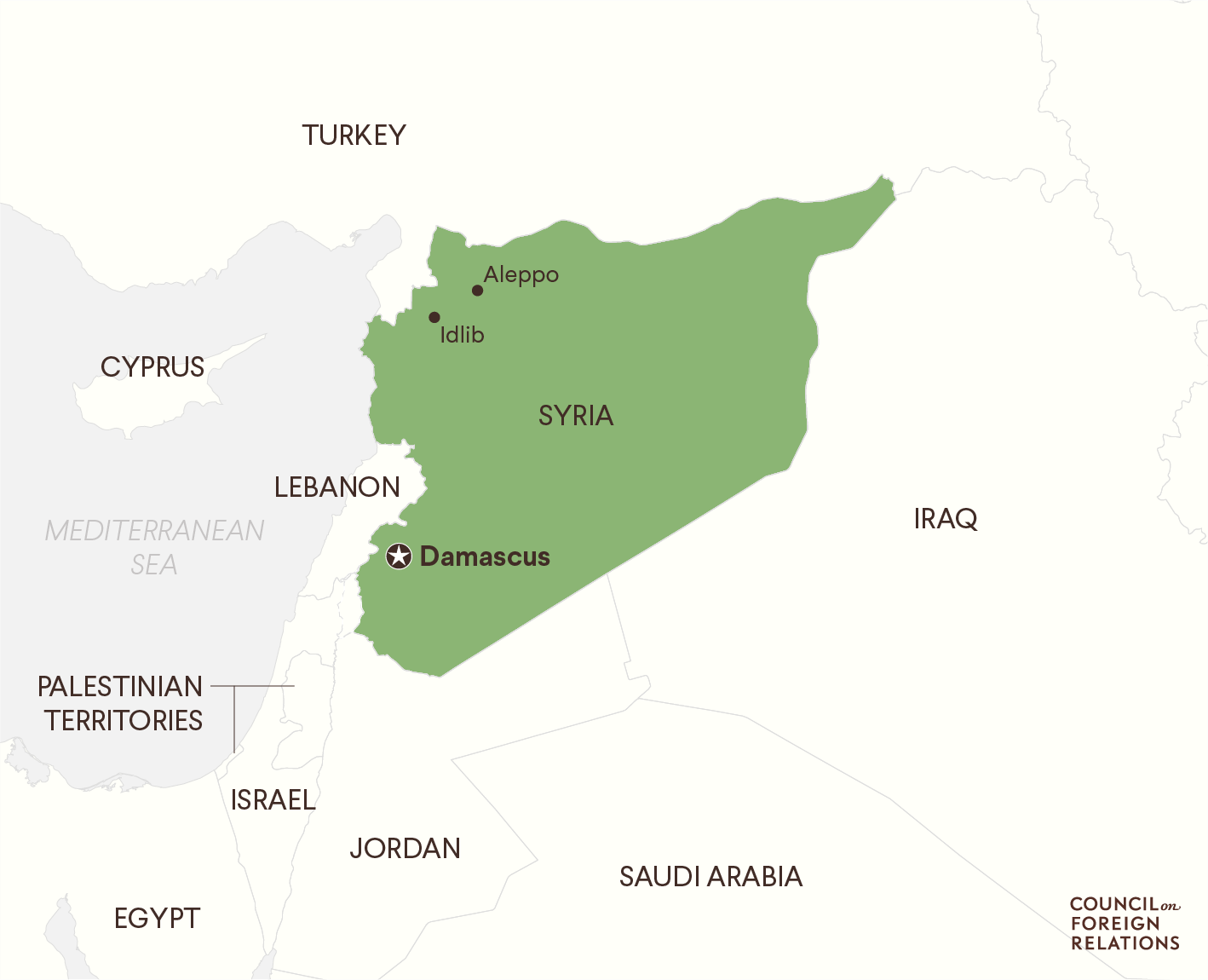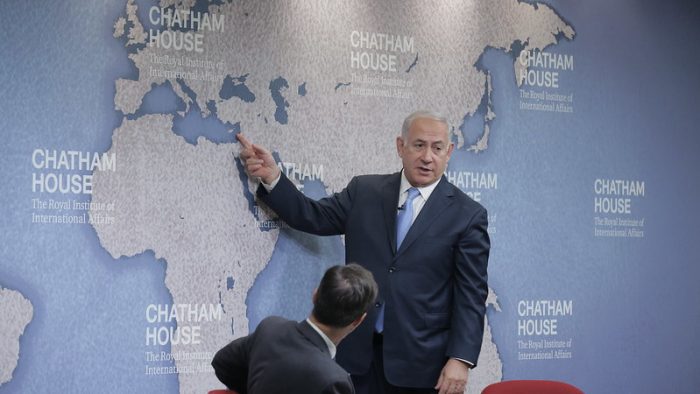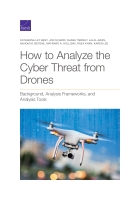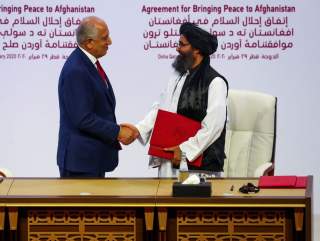M. Knight
Introduction
In 425 BC, during the Peloponnesian War between Athens and Sparta, a contingent of elite Spartiac hoplites found themselves stranded and surrounded on the island of Sphacteria. They had been unable to subdue their opponents who insisted on using slings and arrows as an effective distance-weapon to counter the heavy infantry close-quarter tactics of the Spartans. The Athenians refused to engage the Spartans in a manner that would ensure their own defeat, much to the chagrin of the Spartans. Facing defeat themselves, the Spartan forces on Sphacteria send a message to Sparta asking what they should do. The reply was clear, “Do nothing shameful”(Nichols, 2015). Following discussions the Spartans on Sphacteria decided that their best course of action, and one that held no shame, was to surrender.
A similar dilemma is now facing western militaries, in-so-far as, the contextual terrain has shifted to such an extent that their enemies refuse to engage them in a manner that would ensure their own destruction. Focus on this modern Sphacterian-dilemma has led to discussions and debates that are encapsulated within the ‘War amongst the people’ arena. A recent notable addition to this discourse is “War Amongst the People: Critical Assessments” (Brown, et al. 2019) that summarises the present thinking and highlights common themes along with critical questions. This paper is a response to the ‘Critical Assessment’ in Brown (2019), and aims to deliver an equally Laconic response as that received by the Spartans on Sphacteria, to the dilemmas identified in ‘War amongst the people’ (Rossi. N, & Riemann. M. ‘Conclusion’ in Brown, et al. 2019).[i]
Sphacterian-Dilemma
